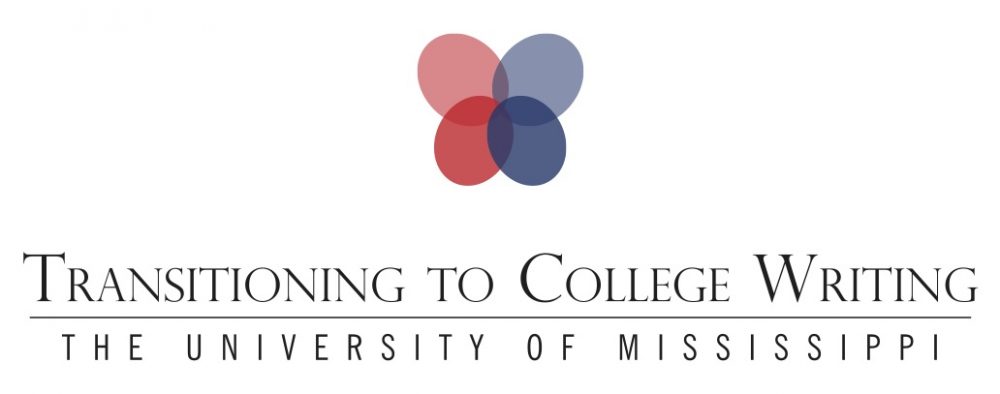I love it when the writing consultants get excited. Peer writing consultants, our close links to students we serve, often have a better sense of what their peers need from the writing center than we do. The most successful writing centers have consultants who are engaged with and invested in the writing center’s mission, actively participating in the running of the writing center. To many consultants, working in the writing center is more than just a job. They feel that they’re part of a community. The key to building this kind of creative, collaborative environment is to create an space that encourages a sense of investment and inclusion in the writing centers community.
Here are four things you can do to encourage community building in the writing center:
(1) Regular consultant development meetings are great both for the sake of professionalization and to build community. At our meetings, we talk about the scholarship that informs their work, what they’ve observed in the writing center, and how their tutoring sessions connect to what they’ve read. We try to feed the consultants at the meetings – if you don’t have the money in your budget for food, you can make it a potluck occasion or see if any of your faculty supporters would be willing to taking a turn feeding the consultants.

Keena laughs beside the quote wall, the students’ space where they share inspirational, encouraging thoughts and pictures at the UM DeSoto Writing Center.
(2) Give consultants space to express themselves within the center. If you don’t have a physical space for the writing center, you could give them a bulletin board or something to decorate. The above picture shows what our consultants did with the bulletin board in the UM DeSoto Writing Center. They can also express themselves in other ways – as writers in a blog, as contributors to the Facebook presence, or marketers and webmasters. When the space feels like theirs, they become more invested in the work.[youtube]http://youtu.be/-xUGdopS_GA[/youtube] Consultants at the UM Tupelo Writing Center worked together to create this marketing video.
(3) Show them how others are speaking as part of the larger writing center community. During a consultant development meeting, Keena, one of our consultants, led a discussion of an article in the Fall 2007 issue of Praxis, a writing center journal; when she noticed that a peer tutor, like her, wrote the article, inspiration struck, and she swept the rest of the writing center staff up with her enthusiasm. Keena proposed hosting a tutoring conference to bring all of our consultants across three campuses together. Working closely with the UM DeSoto writing tutors and folding some of the other regional tutors into the planning, we created the first annual University of Mississippi TutorCon Peer Tutoring conference in Spring of 2012. It was a roaring success, and the tutors left feeling connected, inspired, and jazzed about planning next year’s conference.
(4) If they have an idea, let them take the lead. After a discussion of our social media presence, consultant Emily took the lead as our official UM DeSoto Writing Center Facebook Ambassador. Keena and Emily, both creative writers, worked together to organize a poetry workshop called Love Notions in honor of Valentines Day. They created and distributed marketing materials for the workshop, planned activities, and hosted the event in the writing center. Generally, the consultants have a great sense of what the writing community on campus needs. Listen to them and let them take the lead implementing their ideas.
These are a few of the ways we encourage tutor involvement as a way to nurture the writing center and the writing community. What do you do?




